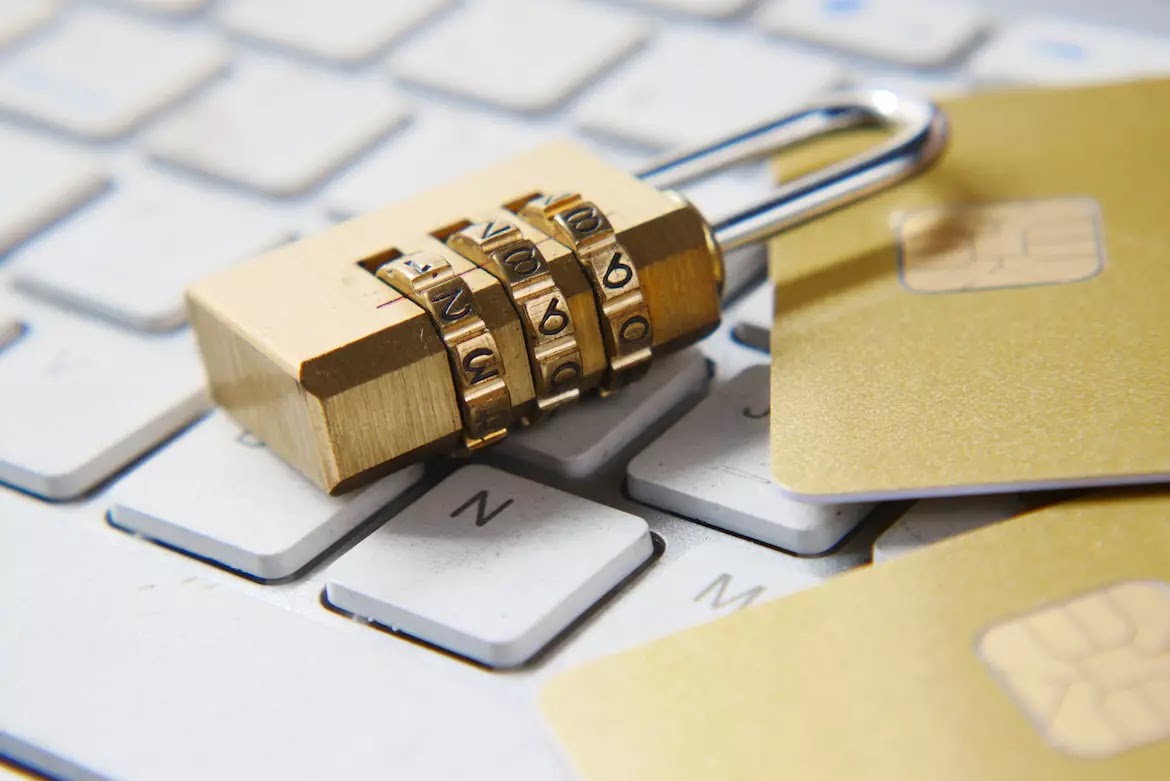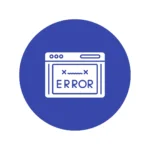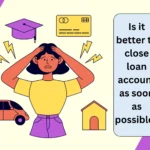Protecting your financial information is important because hackers could steal your identity and take over your finances.
Read this article to learn how to keep your financial information private.
Hackers can use malware to access your bank accounts, credit cards, and other online services.
They can also steal your personal information, which includes your name, address, phone number, email address, Social Security Number, date of birth, mother’s maiden name, driver’s license number, and medical records.

Set up two-factor authentication.
Two-factor authentication (2FA) is an extra layer of security that requires users to enter a code sent via text message or mobile app before logging into a website.
It helps prevent unauthorized people from accessing your account by requiring them to provide both your username and password.
Create strong passwords.
Strong passwords should contain at least eight characters, use a combination of letters, numbers, and symbols, and avoid using personal information such as birth dates, addresses, or phone numbers.
Be careful about where you store your data.
It’s also important to protect your financial information when storing it online. Hackers can access websites by guessing usernames and passwords, so make sure you choose strong passwords and never reuse them.
Also, consider using two-factor authentication (2FA) with apps like Google Authenticator or Authy. These services generate one-time codes that must be entered into an app or website before accessing sensitive information.
Don’t use public Wi-Fi.
Public Wi-Fi networks are often insecure and unsecured. Hackers can intercept data travelling between devices and computers connected to these networks.
They can even install malware on your device without your knowledge. To avoid this problem, only connect to secure Wi-Fi networks at coffee shops, libraries, hotels, and other locations where people aren’t likely to be watching what you do.
Avoid clicking links in emails or text messages.
Hackers use phishing attacks to trick users into giving up personal information. Phishing scams usually start with an email or text message that appears to come from a legitimate source.
These messages ask recipients to click on a link or open an attachment. Clicking on the link or opening the attachment installs malware on your computer. This malware allows hackers to access your sensitive information.
Sharing your account number
There’s no way to get money if you don’t share your account. Wiring money needs 2 accounts, one is the sender and the other is the receiver.
The thing is that you have to be careful when giving out your account details. If it’s a genuine source such as your bank, family and friend. It’s alright to share with them.
But there will occasion when you are not comfortable sharing your account details. There’s a solution to that. You can give your VAN which is basically a Virtual Account Number that you created to receive funds.
VAN can be created online as well as you can get it through your bank. Bank’s Internet banking has the option to do that.
Use the reliable mobile app
There are tons of personal finance apps available. Use only those which are reliable. Using these apps means you are sharing your personal details.
Popular apps are Google Pay, BHIM Pay, phonepe, and the bank’s own app. It’s advisable to use the bank’s own apps.
Keep in touch with your bank
Your bank is your financial advisor. Not all of us can afford to have a personal finance advisor. Keep in touch with your bank and watch out for any updates they announce.
When you have trouble managing anything related to your account, banks are the genuine advisor available at your disposal.







I have been surfing online more than 3 hours today, yet I never found any interesting article like yours. It is pretty worth enough for me. Personally, if all webmasters and bloggers made good content as you did, the internet will be a lot more useful than ever before.